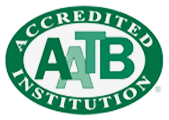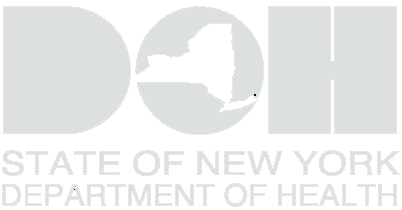
Consent: The Basics
Let’s talk about consent.
Consent forms, though the concept seems very straight forward, are critical in the donor process. Some things to know about consent forms:
- Exactly what are you consenting to
- What organizations do you want to donate to?
- Do prefer your gift to be used for educational or research purposes?
- What are some important things you should remember when filling out your consent forms?
- What is the role of an authorized agent or next of kin?
- What is needed for consent forms to be valid?
- What else is needed to be a donor?
Let’s Touch On These Topics
Research For Life believes in transparency during the process of becoming a whole body donor. We take this seriously because we truly respect the gift that our donors give to the world of medical research and education. We encourage all donors to ask questions, understand our process, and leave feeling confident in their decision to choose whole body donation. Not only is our process, cost effective and makes the trauma of losing a loved one a little easier for families but it is important for our donors to know exactly what their body would be used for after death.
An important step on the road to becoming a donor for whole body donation is understanding consent forms and exactly you are consenting to happen after you die. Consent forms, also referred to as authorization forms or document of gift, can only be signed by an authorized agent of the donor or be self-authorized before death under the Uniform Anatomical Gift Act. Each consent form should define who in the consenting class has the most authority to direct donation. This could be anyone from the medical power of attorney, spouse, children, grandchildren, etc.
Picking a next of kin or representative contact is important. After death, it is their responsibility to contact Research For life, coordinate transportation with the organization and provide any necessary information. They will also receive information on how to obtain the death certificate. Though most of this information is provided upon pre-registration, donation will be denied if next of kin or authorized agents refuse to provide necessary information when death occurs for consent forms and the death registration forms.
Before death, it is important that donors and authorized agents understand fully what they are consenting to and are welcome to ask any questions. The reason being is the consent form can cover a wide range of consent areas and our organization would never do anything that was never consented to. Some of the areas covered in the consent form are if the body would be used:
- For educational or research purposes
- Educational purposes include cadavers for medical students, help train doctors, surgeons, paramedics, EMTs
- Research purposes include helping find causes and cures for diseases, research the brain and spinal cord, work on new techniques for joint and back surgeries
- In whole or in parts
- Domestically or internationally
- A whole profit or non-profit organization

Important Things To Remember
Donors and their authorized agents also need to have an understanding that once the body is given to an organization, it belongs to the organization within the terms of the consent forms. There are other small areas that consent usually covers is the right to test for diseases and order medical records, these tests and records will determine medical suitability for each donor. Research For Life uses cadavers for educational and research purposes and does not do ballistic testing.
Once again even though the cadavers belong to the organization after death, they will never be used in a way not consented to. So, it is important to go over all areas of consent within your form if you have a specific ideal of what you would kind of organization you would like to donate your body to. Certain diseases or medical issues could prevent your cadaver being used in certain research or educational ways. We do want to put cadavers where they would be most beneficial but want to respect the wishes of our donors or their authorized agents.
Consent may be written or verbal, but nothing is valid until it is notarized or signed by two witnesses. One witness MUST be non-family or a disinterested party. Before signing a consent forms, Research For Life encourages you to ask questions and not to sign anything that you are unsure of. The Cremation Authorization Form is also not valid until it is signed by one witness. Research For Life has a written consent form on our website.
Ready to be a donor?
If you have already decided to do whole body donation as your end of life option, you can pre-register with our Research For Life Donor Program. You apply for our program by completing the Donor Registration Packet that our Research For Life staff can assist you on as much as legally permissible. Once accepted, you will be mailed your acceptance letter, donor ID and a copy of your registration packet. At time of death, Research For Life will cover cremation, transportation and cremation returns, if applicable.
We are extremely protective of donor information and donor privacy. We do not sell or solicit any information from any registration packets or consent forms. The information is required by the state vital registrar to enable death certificate filing. Medical, social, and health-related information is anonymized and shared with researchers or educators when information relating to the donor’s heath is needed. We are passionate and privileged to be helping donors give this gift to science and want our donors to feel confident moving forward with our organization.
Have any more questions?
If you have any questions regarding the forms or need any other information to begin your pre-registration process you can call our toll free number at 800.229.3244 or send an email to info@researchforlife.org. Our caring, compassionate and dedicated staff is here to talk to you 24/7.
Video Content: Research For Life CEO, Garland Shreves, discusses some basic information regarding consent forms, in general, that you may encounter when considering to donate to a whole body donor organization.



